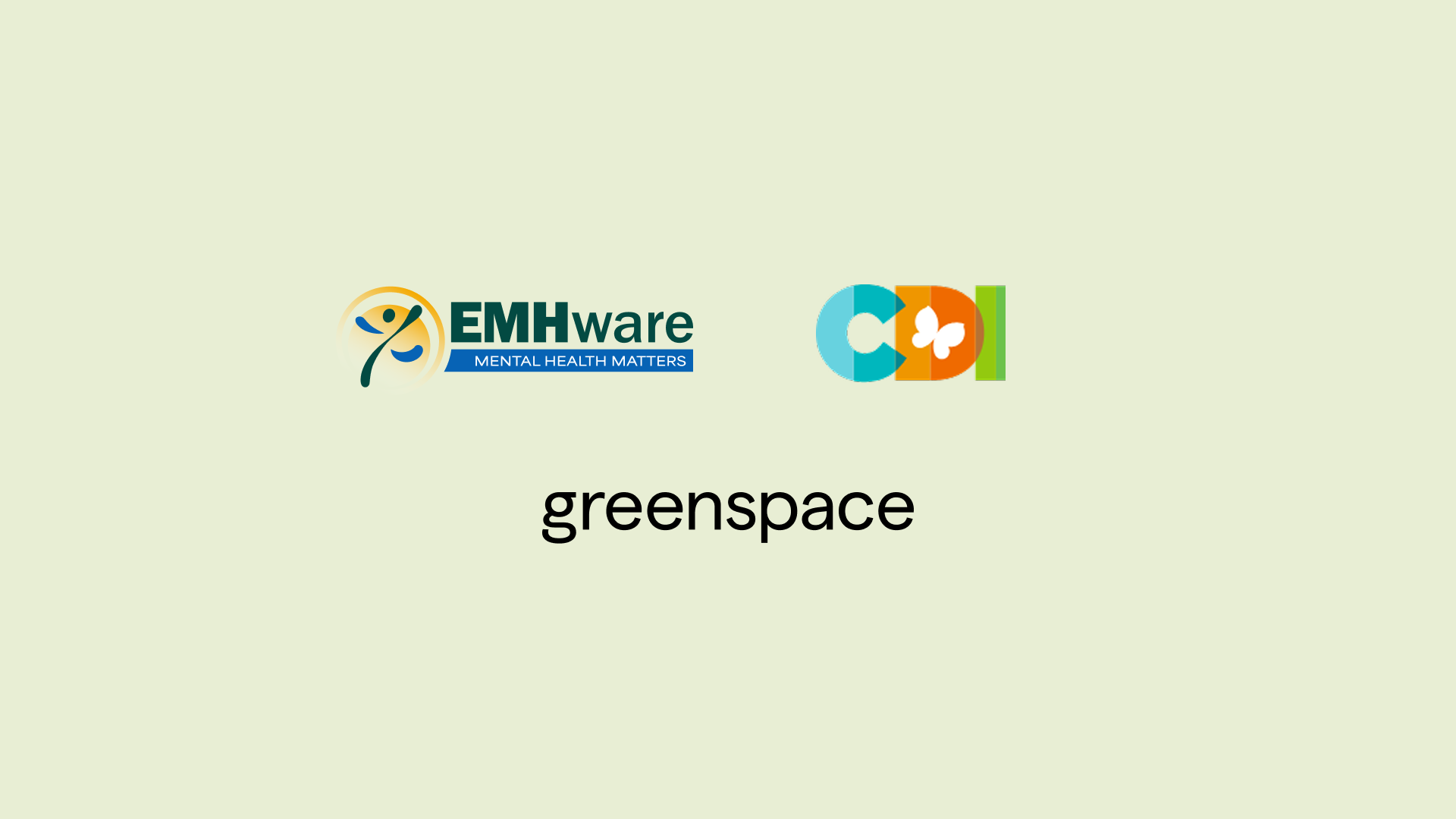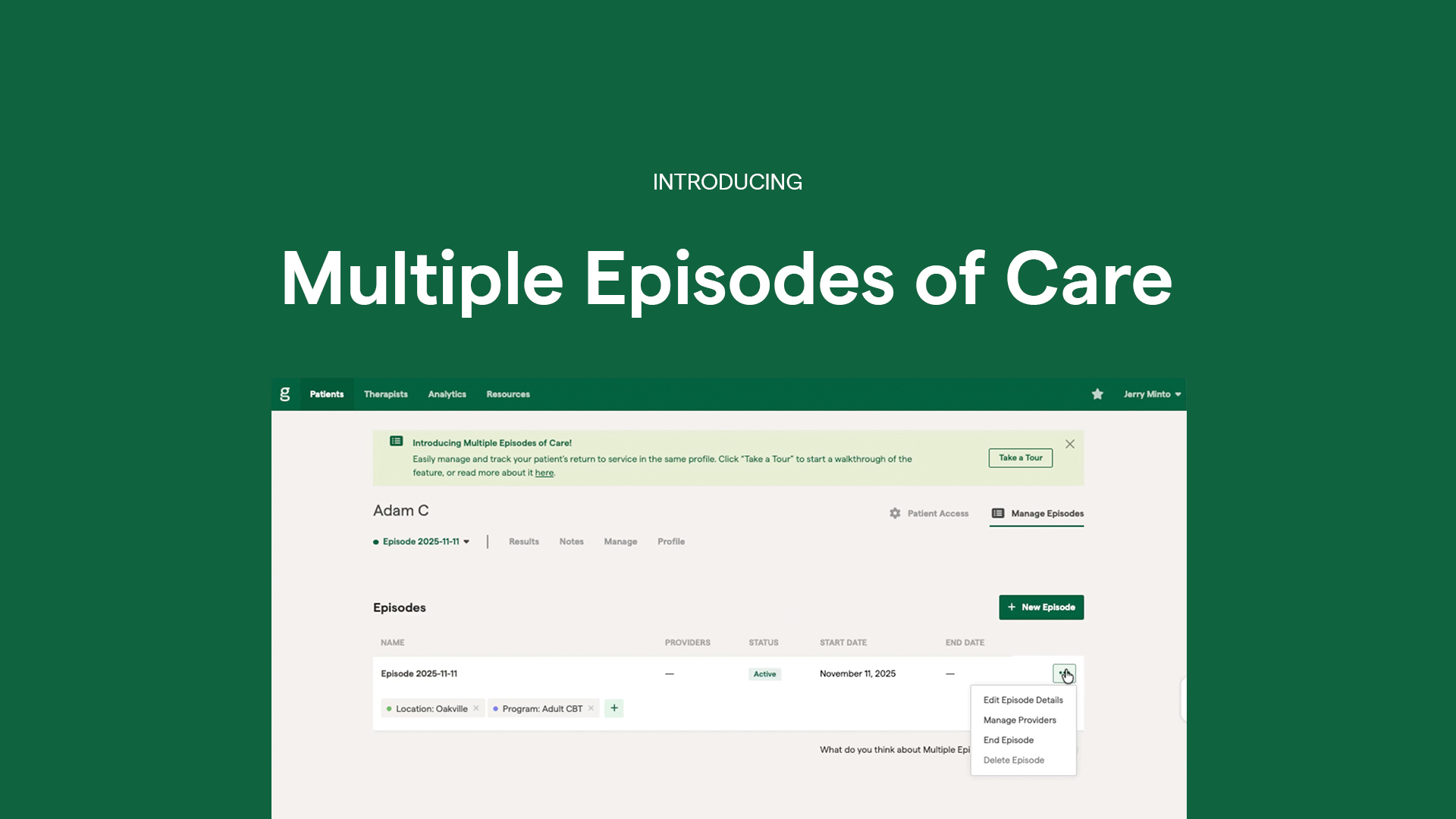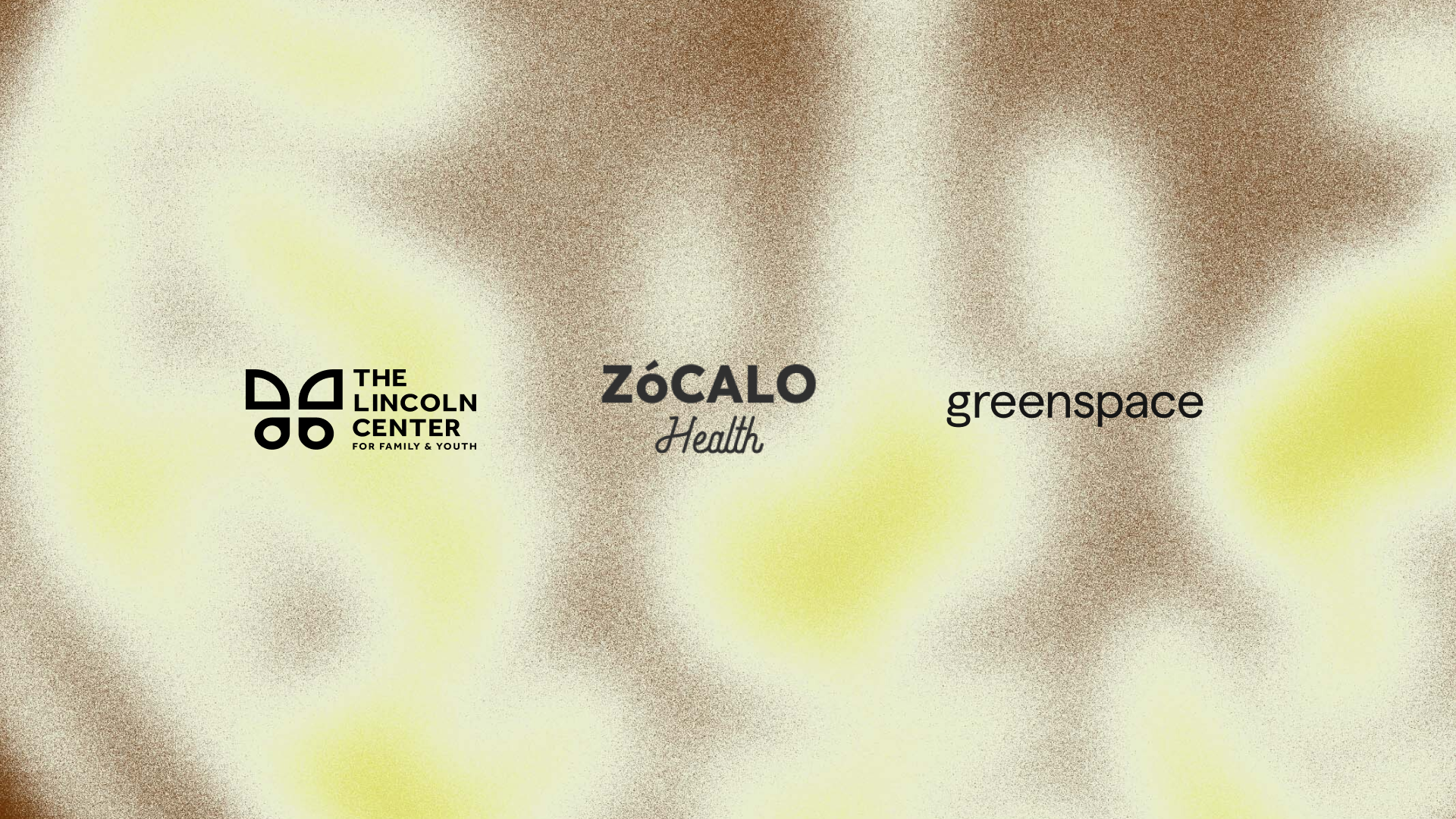
This article features clips from ‘Measurement-Based Care & CARF Accreditation: Driving Quality Through Measurable Outcomes’ an educational webinar hosted by Greenspace Health.
Across the industry, Measurement-Based Care (MBC) is gaining momentum as a vital approach to improving the quality and effectiveness of behavioral health services. When used throughout care, client-reported outcome measures enable organizations and providers to better understand client needs, track progress, and adjust treatment in real time. With growing research and real implementation data demonstrating the impact, accrediting bodies like the Commission on Accreditation of Rehabilitation Facilities (CARF) are introducing new standards that prioritize the use of measurable outcomes, and organizations are increasingly turning to MBC to meet these expectations and elevate the care they deliver.
To understand how this shift is unfolding across the industry, let’s explore how organizations can implement MBC to achieve CARF accreditation, featuring learnings from iMind Behavioral Health, the impact it has on client outcomes and organizational performance, and strategies for a successful, organization-wide implementation of MBC.
Measurement-Based Care and CARF Accreditation
As the value of MBC becomes increasingly clear, more behavioral health organizations are looking for practical guidance on how to effectively implement it into practice. Successful adoption goes beyond simply administering assessments, as it requires a thoughtful framework that supports clinical workflows, engages clients, and leverages the data collected to tailor treatment and drive better outcomes. With updated standards from leading accrediting bodies like CARF, and a growing body of evidence underscoring MBC’s impact, providers now have a clear path to adoption that is both sustainable and meaningful.
CARF 2025 Standards for MIC/MBC
CARF introduced a new standard for Measurement-Informed Care (MIC / MBC) in their updated 2025 Behavioral Health Standards. This standard outlines four requirements that serve as guidelines for an effective adoption of MBC by an organization. The four requirements include:
- Identifying the assessment tools that will be used to meet the needs of the community served;
- Determining the frequency at which assessments will be administered, tailored to each individual and their needs;
- Outlining how results will be shared with clients, to encourage transparency and encourage participation;
- Establishing comprehensive training for clinicians, including sharing the rationale for using MBC and guidance on administering, scoring, interpreting, and responding to results.
In the following clip, Michael Johnson, Senior Managing Director of Behavioral Health at CARF, shares the reasoning behind introducing a new standard for MBC / MIC, and how it reinforces CARF’s commitment to individualized, person-centered and high-quality care.
For more information from CARF on their new standard, check out our updated guide.
Strategies for a Successful Measurement-Based Care Implementation
Adopting MBC is a transformative step for organizations looking to deliver more collaborative, data-driven, and effective behavioral health care. At its core, MBC empowers organizations, clinicians, and clients with tailored, actionable data to drive engagement, customize treatment and improve outcomes. For a successful, sustainable MBC implementation, organizations should consider a collaborative approach that involves stakeholders, engages clinicians, is tailored to their specific population, and leverages the right technology.
Engage & Educate All Stakeholders
An important step in ensuring an effective adoption of MBC is making sure that clinicians and clients are educated on the value of MBC, how it is effectively used in care, and are engaged and excited to incorporate MBC in practice. This will translate into clinicians regularly implementing MBC in their care process; assigning assessment measures, viewing data, and discussing results with clients to guide treatment decisions.
Michael Johnson shares CARF’s recommendation for a collaborative approach to MBC implementation that involves all the key stakeholders in an organization, including clinicians and administrators, rather than a top-down mandate.
By taking into consideration the various needs and challenges faced by clinical staff and other stakeholders, organizations can align their approach to implementation with the clinical goals and challenges faced in the population served.
Identify Your MBC Priorities
Dr. James Boswell, Associate Professor and Director of Clinical Training at the University at Albany, highlights the baseline information and key questions an organization should ask themselves ahead of implementation. These are critical to determining the correct approach to rollout that is tailored to the population they serve and integrated into their care process.
The Evidence Behind Measurement-Based Care
A recent study published by Dr. Boswell and colleagues shared growing evidence demonstrating the meaningful impact of MBC on client outcomes. A review of 21 randomized controlled trials found that treatment accompanied by MBC led to an average 30% improvement in clinical effectiveness.
In the following clip, Dr. Boswell dives into the research proving how MBC, accompanied by the right technology, can augment clinical judgement and empower clinicians with insights to determine whether clients are on track, collaborate with clients to personalize care to their individual needs, and see improvements in treatment outcomes.
To truly understand the impact MBC can have at an organization, let’s explore how iMind Behavioral Health implemented Greenspace’s MBC platform to drive engagement, enhance treatment outcomes, and improve care quality.
Measurement-Based Care at iMind Behavioral Health
Founded in 2018, iMind Behavioral Health is a CARF-accredited, community-based organization providing a wide range of affordable care to individuals and families, particularly those from low-income backgrounds. With a mission rooted in equity, compassion, and inclusivity, iMind is dedicated to delivering accessible, culturally responsive behavioral health services across Maryland.
In 2024, iMind implemented Greenspace’s Measurement-Based Care (MBC) solution within its Mobile Response & Stabilization Services (MRSS) program. This program supports school-aged youth experiencing emotional or behavioral crises, aiming to stabilize urgent situations, prevent unnecessary hospitalizations or placements, and ensure timely access to ongoing support.
During our educational webinar ‘Measurement-Based Care & CARF Accreditation: Driving Quality Through Measurable Outcomes‘, Dr. Kimberly Gordon-Achebe, Medical Director of Mobile Response and Stabilization Services at iMIND Behavioral Health, shared the three main reasons behind the decision to implement MBC in the program:
- To gain deeper insight into client experiences
- To empower clients and increase their engagement in care
- To meaningfully improve the quality of care delivered.
The use of outcome measures across the organization and program has enabled iMind to better meet the needs of those in crisis, as they have access to the outcome data needed to understand their challenges and make care decisions accordingly right from intake.
Enhancing Care Quality at iMind with Greenspace Measurement-Based Care
The integration of MBC has provided clinicians at iMind with real-time insights into client experiences, helping them identify underlying symptoms, tailor treatment more effectively, and strengthen therapeutic relationships. Since launching, the program has completed over 630 client assessments, achieved a 36% reliable recovery rate, and maintained an average therapeutic alliance score of 80%.
A key component of MBC is consistency; the routine completion of assessments at the beginning of care, throughout (at regular intervals), and at discharge helps providers and clients determine baseline symptoms, assess progress at each session, adjust treatment accordingly, and identify when treatment has effectively been completed. In the MRSS program at iMind, over 63% of clients completed at least 4 assessments, and over 13% completed more than 10 assessments throughout the course of treatment. These routine outcome measures have empowered the care teams at iMind with the information needed to respond to the symptoms and needs of individuals in the program, boosting client engagement and ultimately improving outcomes.
The most common assessments used by the MRSS program at iMind include the Patient Health Questionnaire 9 (PHQ-9), used to identify and monitor depression severity, the Generalized Anxiety Disorder 7 (GAD-7), and the Pediatric Symptom Checklist (PSC-17), used to help identify and assess changes in emotional and behavioral problems in children.
Dr. Gordon-Achebe shares how Greenspace’s MBC platform has helped providers at iMind stay aligned on what measures and assessments to use, and what success looks like for clients across the organization, in order to demonstrate the delivery of high-quality care and meaningful outcome improvement across their programs.
Encouraged by these results, iMind is now expanding the use of MBC into its Mobile Response Team (MRT) and Mental Health Urgent Care & Outpatient programs, further strengthening their commitment to evidence-based, high-quality care within their community.
Wrapping Up
The experience of iMind Behavioral Health underscores how Measurement-Based Care can drive measurable improvements in care quality, client engagement, and organizational performance, while opening the door to CARF accreditation readiness. By aligning with CARF’s updated standards, integrating outcome measures into daily practice, and leveraging technology to inform and enhance care delivery, organizations can meaningfully transform the way they serve their communities.
Greenspace’s MBC platform is designed to make this process seamless, with 500+ assessments and data-driven insights to streamline workflows and empower clients, providers, and organizations to make evidence-based decisions and improve outcomes. Whether you’re just beginning your MBC journey or expanding existing efforts to meet accreditation standards, Greenspace can help you implement a scalable, data-driven approach.
If you’re interested in learning more about implementing MBC to improve treatment outcomes or achieve CARF accreditation, schedule a call with an implementation expert or reach out anytime at info@greenspacehealth.com.












